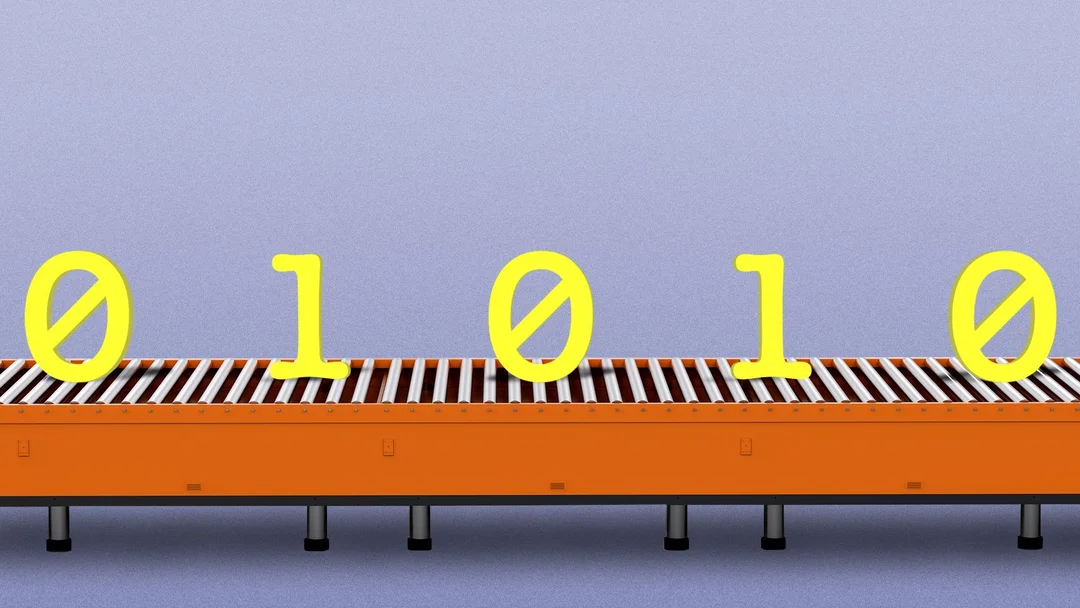
Microsoft Build 2025: Ushering in the Era of AI Agents – Will Programmers Become Obsolete?
The tech world is abuzz with the rise of AI agents designed to assist programmers. At Microsoft Build 2025, the focus is squarely on these intelligent assistants and their potential to revolutionize software development. But will these advancements ultimately lead to the obsolescence of human programmers?
Microsoft recently announced a new AI coding agent for GitHub Copilot, targeting those "time-consuming but boring tasks" that developers often dread. This follows OpenAI's unveiling of Codex, a coding agent capable of handling multiple tasks in parallel. It's worth noting that GitHub Copilot leverages Anthropic Claude 3.7 Sonnet, not OpenAI's technology, highlighting the diverse landscape of AI development.

Microsoft envisions an "open agentic web," where AI agents operate across individual, organizational, and business contexts, making decisions and performing tasks on behalf of users. They are introducing enterprise-grade agents and making platforms like Azure AI Foundry, GitHub, and Windows conducive environments for building these agents.
GitHub Copilot is evolving from an editor assistant to an agentic AI partner; Windows AI Foundry is offering a unified platform supporting the entire AI developer lifecycle; and Azure AI Foundry Models are bringing Grok 3 and Grok 3 mini models from xAI to their ecosystem. These initiatives are intended to shift developer focus to more strategic tasks.
However, the industry presents a mixed view. While some, like former Amazon Web Services boss Matt Garman, have hinted at the possible disappearance of human coding within a few years, he later clarified that his statements were taken out of context. He emphasized the exciting opportunities for developers to focus on problem-solving rather than mundane tasks like documentation and bug fixing. As he said to Axios last year, "There's a whole bunch of work that developers do today that's not fun."
The question of whether AI-generated code is foolproof remains a concern. While code has a built-in "pass-fail" test, many subtle errors may not be immediately apparent, potentially causing future issues as programs evolve. Further, the software industry’s assumption that tech solutions will work in all industries could be sorely tested. AI may not easily transfer into other areas less abstract and more rooted in physical reality.
Security aspects are also critical. As AI agents gain more capabilities, securing communication between them and various tools becomes crucial. Windows 11 is embracing the Model Context Protocol (MCP) as a foundational layer for secure, interoperable agentic computing. Key security controls include proxy-mediated communication, tool-level authorization, a central server registry, and runtime isolation.
Ultimately, while AI agents are poised to handle routine labor and accelerate prototyping, the biggest challenges in software creation often stem from poorly defined specifications and misunderstood human needs. Developers who can bridge the gap between human desire and machine capability may continue to be invaluable.
What do you think? Will AI truly replace programmers, or will it simply augment their abilities? Share your thoughts and opinions in the comments below!
Related issues news
Where is Microsoft Build 2025?
Microsoft's annual Build developer conference is happening this week in Seattle. No big surprise: All things AI and, specifically, agents, are at the top of the announcement list.
When is Microsoft Build 2025?
Microsoft Chairman and Chief Executive Officer Satya Nadella presents during the opening day of Microsoft Build on May 19, 2025.
What is Microsoft Discovery?
Microsoft Discovery enables researchers to collaborate with a team of specialized AI agents combined with a graph-based knowledge engine, to drive scientific outcomes with speed, scale, and accuracy.